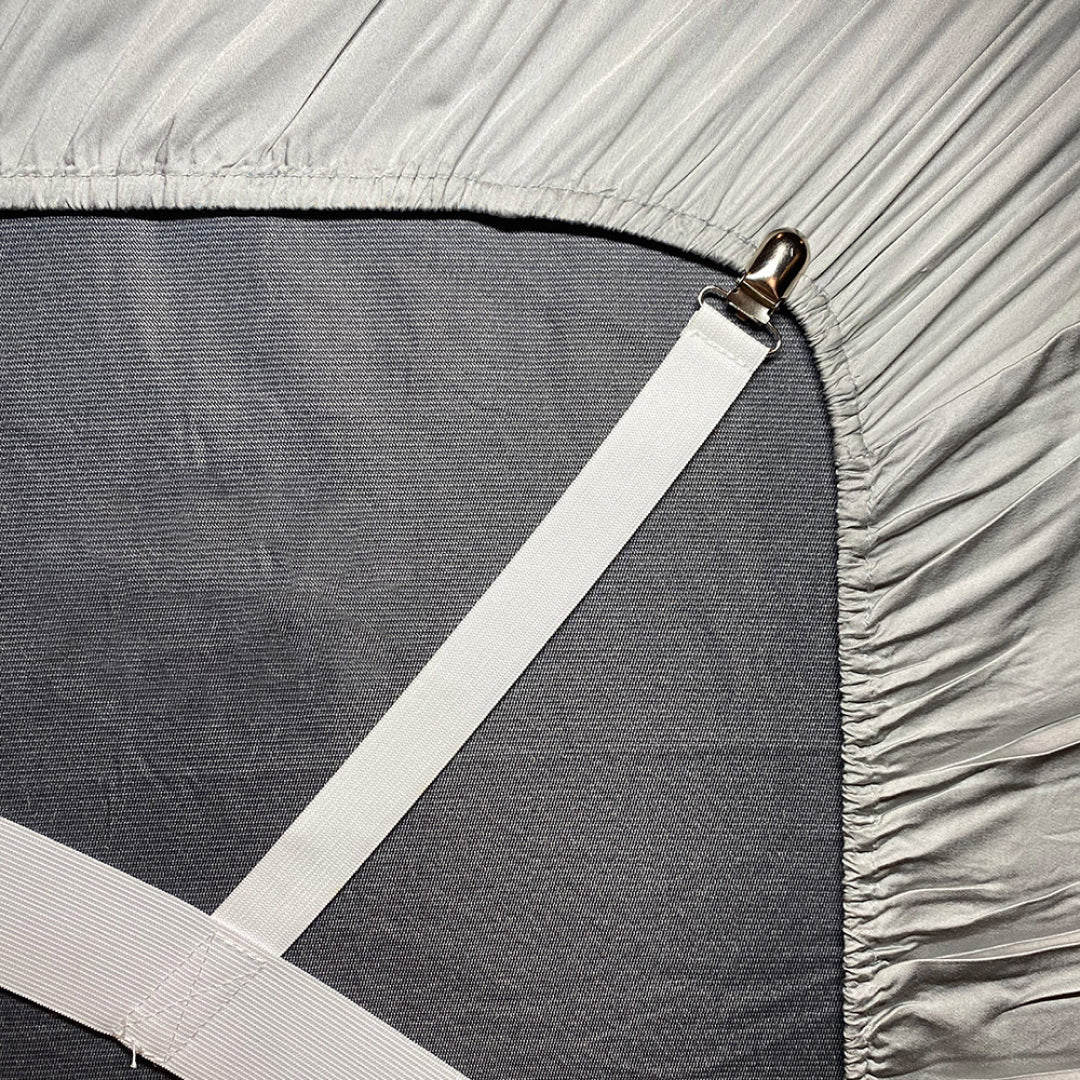

· By bedly comfort products
The Most Stressful College Majors That Ruin Sleep
College is stressful for everyone, but some majors are known for their insane workloads, sleepless nights, and constant pressure. Whether it's cramming for exams, pulling all-nighters to meet deadlines, or managing endless lab work, certain degrees make balancing sleep, academics, and personal life nearly impossible.
If you're a student (or a parent of one), understanding which degrees cause the most stress and sleep deprivation can help you prepare, manage time better, and improve overall well-being.
So, which college majors are the biggest sleep-killers? Let’s dive in.
1. Architecture: The King of All-Nighters
🏗️ Why It’s So Stressful:
Architecture students have some of the worst sleep schedules in college due to intense project deadlines, overnight studio work, and demanding professors. Students often spend 40+ hours per week outside of class working on designs and models.
😴 How It Affects Sleep:
- Regular all-nighters before project critiques
- Hours of screen time and caffeine consumption disrupt sleep cycles
- Final presentations add high anxiety, making it hard to relax
Stress Level: 🔥🔥🔥🔥🔥 (Extremely High)
Average Sleep Per Night: 4-5 hours
Pro Tip: Architecture students should use strict time management and avoid last-minute cramming by breaking projects into smaller tasks over time.
2. Engineering: Stress in Every Equation
⚙️ Why It’s So Stressful:
Engineering students juggle complex math, physics, and programming while managing multiple projects, research, and lab work. The coursework is notoriously difficult, and many students report feeling overwhelmed trying to keep up with problem sets and exams.
😴 How It Affects Sleep:
- Heavy workload requires late-night studying
- Tight deadlines for coding projects and lab reports
- Competitive environment adds extra pressure
Stress Level: 🔥🔥🔥🔥 (Very High)
Average Sleep Per Night: 5-6 hours
Pro Tip: Engineering students should use study groups and set specific study hours instead of cramming before deadlines.
3. Medicine & Nursing: Sleep Is a Luxury
🩺 Why It’s So Stressful:
Medical and nursing students deal with intense coursework, clinical rotations, and constant memorization. Studying for exams like the MCAT or NCLEX adds another layer of stress. Plus, hospital shifts can be long and unpredictable.
😴 How It Affects Sleep:
- High-pressure clinical work disrupts sleep cycles
- Late-night studying and memorization marathons
- Lack of sleep increases burnout and affects mental health
Stress Level: 🔥🔥🔥🔥🔥 (Extremely High)
Average Sleep Per Night: 4-6 hours
Pro Tip: Medical students should prioritize power naps, regular exercise, and setting a consistent bedtime when possible.
4. Law: The Art of Reading Until Dawn
⚖️ Why It’s So Stressful:
Law students face hundreds of pages of reading per night, long legal briefs, and high-stakes exams. The competitive nature of law school means students feel constant pressure to outperform classmates.
😴 How It Affects Sleep:
- Late-night case reading and outlining
- Cramming for bar exams and mock trials
- Mental exhaustion from high-pressure workload
Stress Level: 🔥🔥🔥🔥 (Very High)
Average Sleep Per Night: 5-6 hours
Pro Tip: Break up reading sessions with short walks or meditation to improve focus and reduce stress.
5. Business & Finance: Always On the Grind
💼 Why It’s So Stressful:
Business and finance students often juggle internships, networking events, and side hustles while managing coursework. The pressure to land high-paying jobs adds another layer of stress.
😴 How It Affects Sleep:
- Late-night studying for certifications (CFA, CPA, etc.)
- Competitive internships mean long work hours
- Networking events and job hunting cut into sleep time
Stress Level: 🔥🔥🔥 (Moderate to High)
Average Sleep Per Night: 5-7 hours
Pro Tip: Business students should set clear boundaries between work, school, and personal time to prevent burnout.
How to Reduce Stress & Sleep Better in College
No matter your major, stress and lack of sleep can take a toll on your health, grades, and mental well-being. Here’s how to fix it:
🛏️ Stick to a Sleep Schedule – Try to wake up and go to bed at the same time every day, even on weekends.
📵 Limit Screen Time Before Bed – Avoid staring at screens for at least 30 minutes before sleep.
🧘 Practice Relaxation Techniques – Meditation, deep breathing, or listening to calming music helps lower stress levels.
⏳ Avoid Procrastination – Breaking tasks into smaller chunks prevents last-minute cramming and sleepless nights.
Bedly Straps: The Ultimate Dorm Sleep Hack
If you're already stressed from studying, your sleep setup shouldn’t make things worse.
One of the biggest problems in dorm rooms? Your mattress topper and sheets constantly sliding off the bed, making it harder to get quality rest.
🔒 Solution? Bedly Straps. They keep everything in place, so you can sleep without waking up to tangled bedding or a bunched-up mattress topper.
✨ No more slipping sheets after a long night of studying.
✨ No more uncomfortable dorm bed struggles.
✨ Just solid, uninterrupted sleep—so you can wake up refreshed.
🚀 Exclusive Offer: Use the discount code SLEEPWELL at checkout for a special deal on Bedly Straps!
Conclusion: Work Hard, Sleep Smart
College stress is unavoidable, but better sleep habits can make a huge difference. No matter what major you choose, prioritizing rest and managing stress will help you stay sharp, focused, and healthy.
✅ Know which majors require extra time management.
✅ Improve your dorm sleep setup to maximize rest.
✅ Use study hacks to avoid all-nighters.
✅ Prioritize your mental health and well-being.
And when it comes to getting the best sleep possible in a dorm? Bedly Straps has your back. Use code SLEEPWELL for an exclusive discount!
Now, go ace your degree—but don’t forget to sleep. 😴📚🎓

